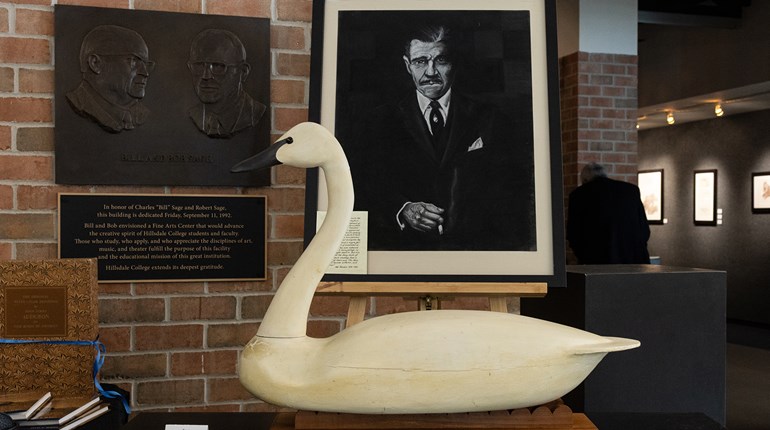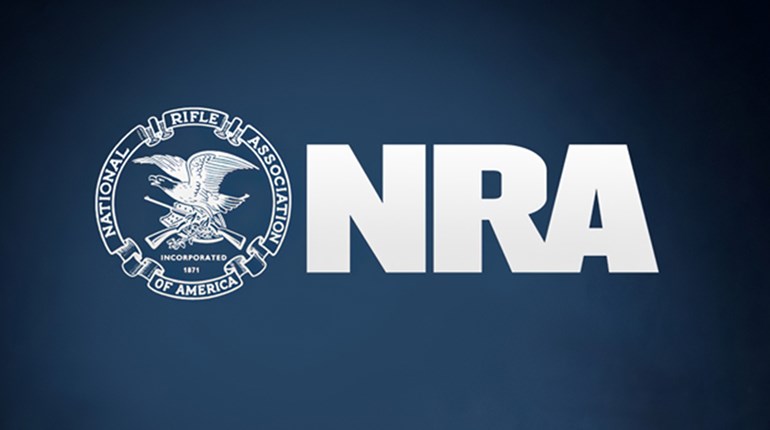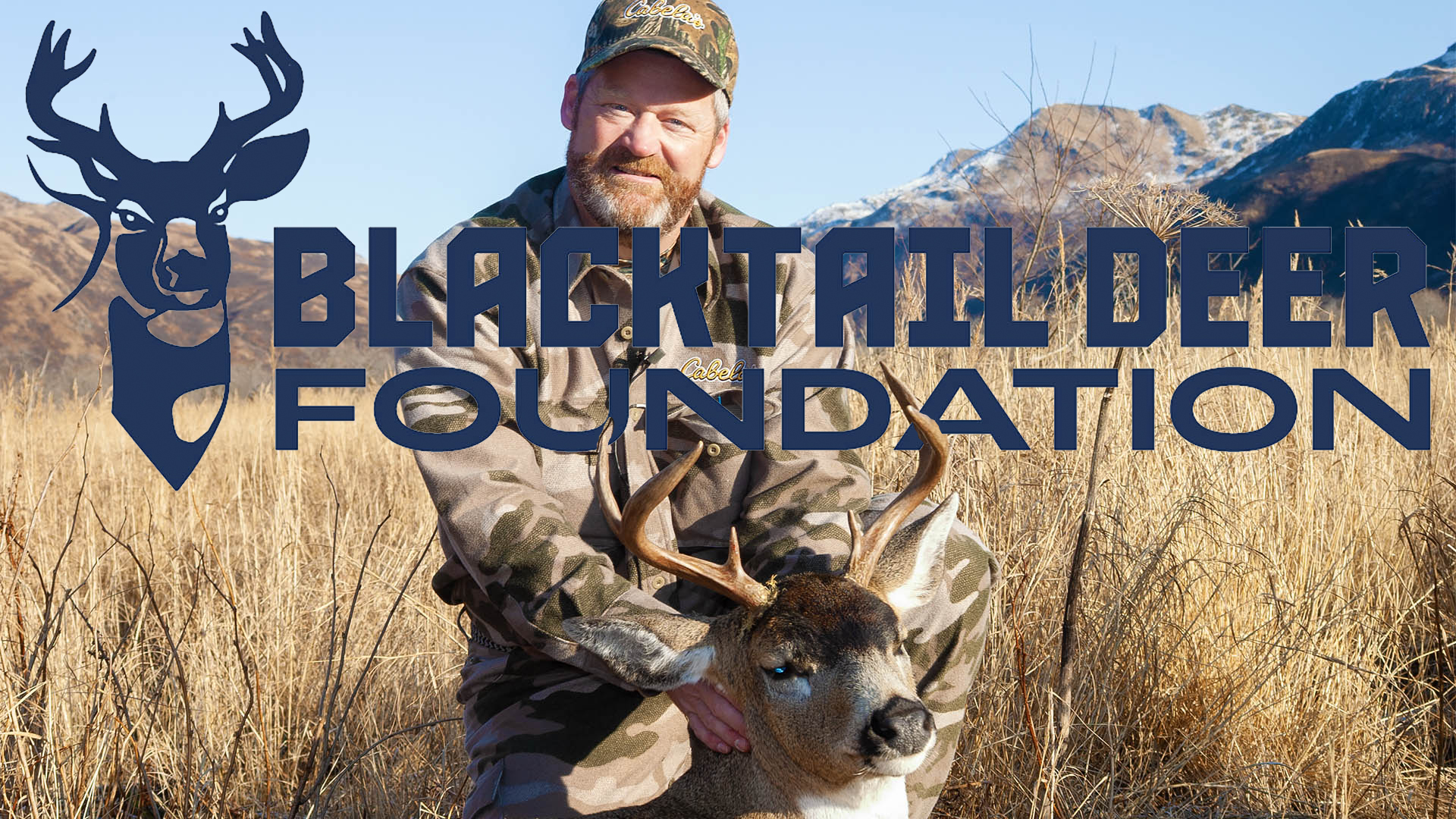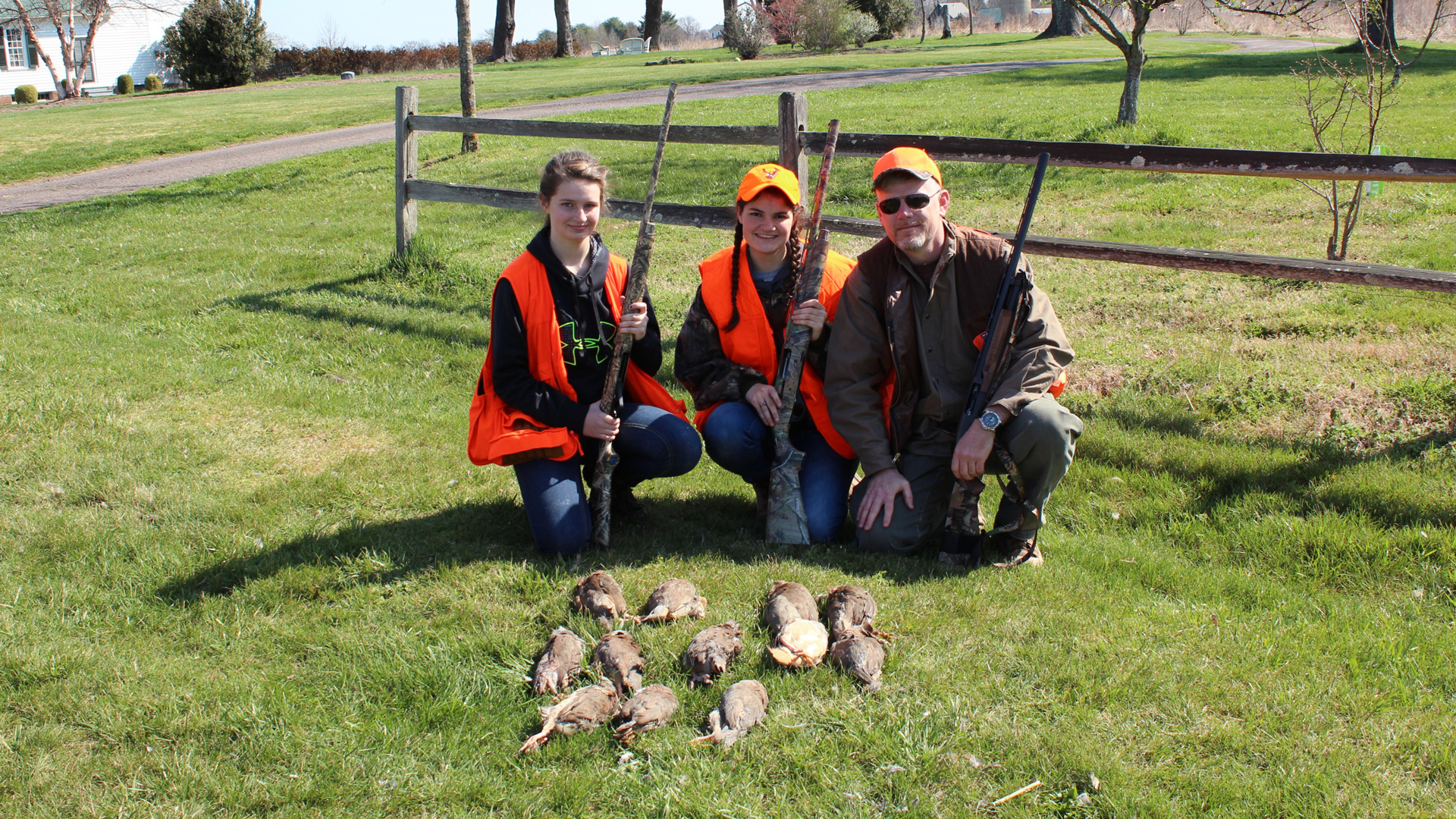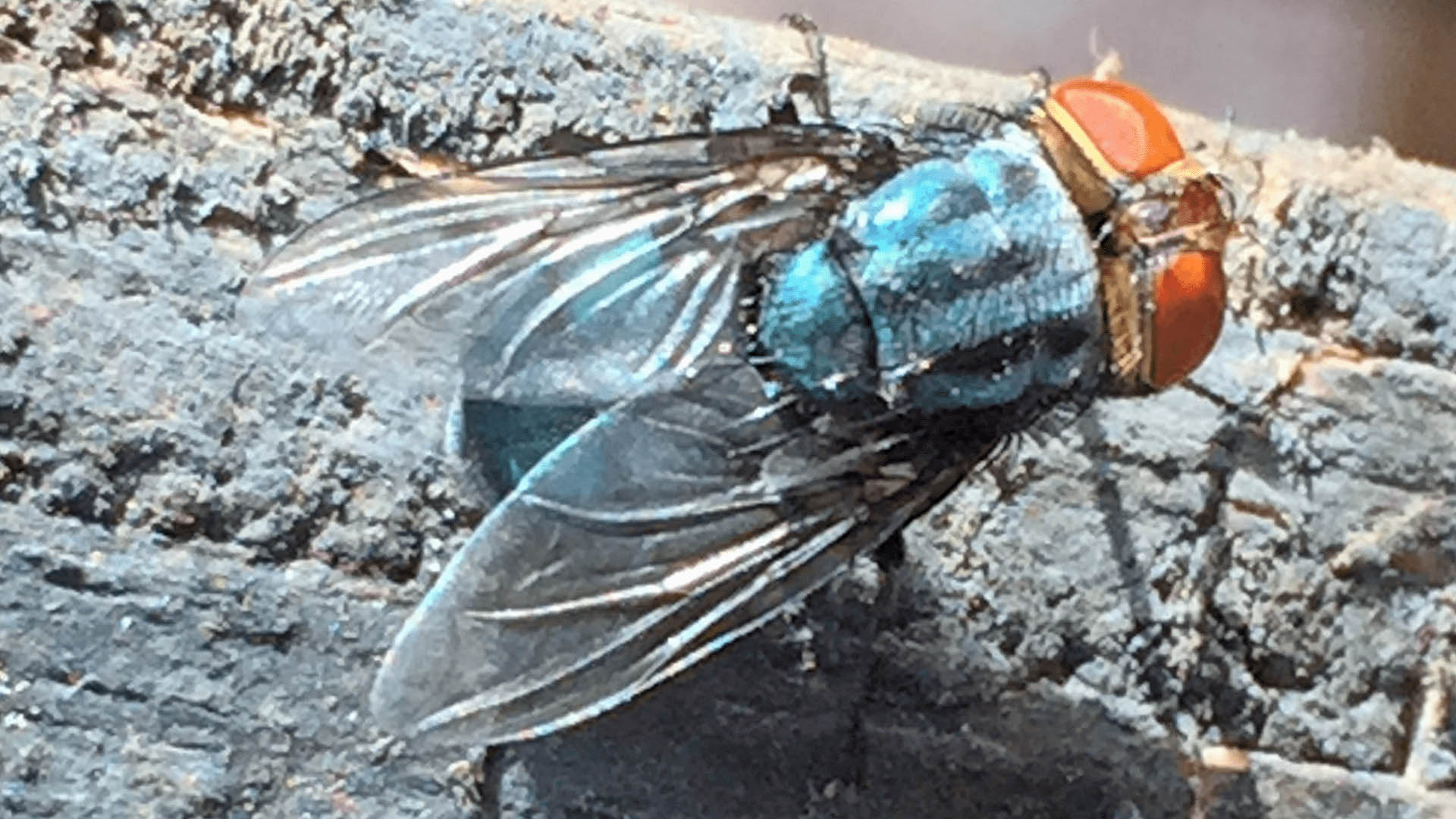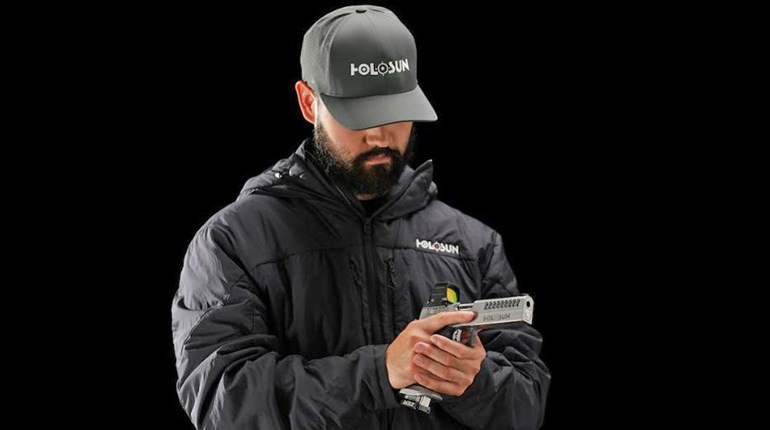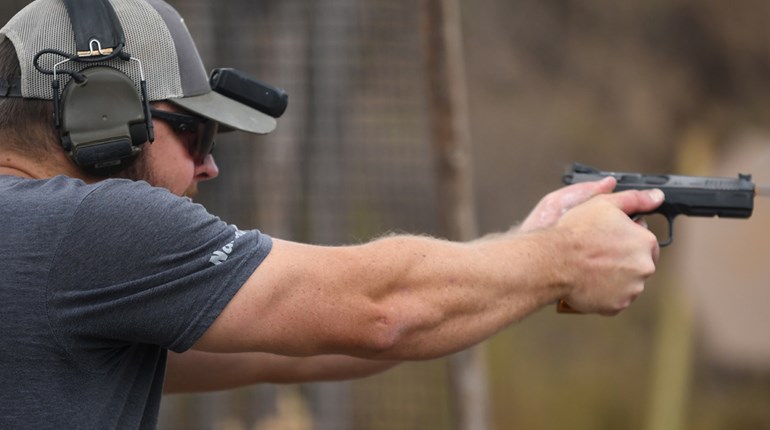
Several months back, we ran a story about the detection of COVID-19 antibodies in the whitetail herd, meaning this may sound like old news. Scientists, however, seem especially concerned with this new development, wherein the Omicron strain was discovered in several deer on Staten Island, New York.
The primary concern seems to center, as it did before, around the fact that COVID-19 is a zoonotic virus, having spread initially from animals to humans. Further, researchers now seem to worry that new variants of the disease could actually breed within the deer populace before re-infecting humans. The jury is still out on this possibility, however. While there is evidence deer have transmitted the disease among themselves—and do seem to be asymptomatic carriers—there is no evidence that the disease has yet come back around to humans. After all, its likely humans were the ones to infect deer in the first place.
This is not to say it could not happen. In 2020, a mutated strain of COVID-19 in Denmark minks appeared to re-infect humans, prompting a mass cull of over 17-million farmed minks. In Hong Kong, a similar cull was enacted on 2,000 hamsters after they were blamed (albeit less definitively) for spreading COVID-19 through pet shops. So far, U.S. scientists have stayed thankfully far from any similar suggestion concerning the nation's deer herds.
Check back with us here as we monitor developments and updates on the story.













